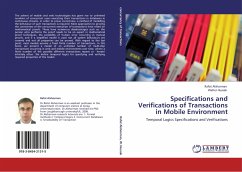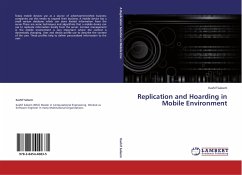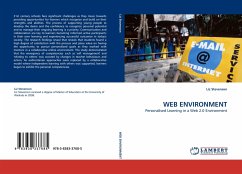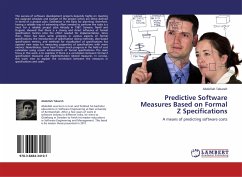The advent of mobile and web technologies has given rise to unlimited numbers of concurrent users executing their transactions in databases in continuous streams. In order to prove correctness, a method of modelling the behaviour of such transactions is required. Most approaches to proving the correctness of the concurrent execution of transactions have relied on mathematical proofs. These have numerous disadvantages such as: the person who performs the proof needs to be an expert in mathematical proof techniques, the possibility of human error occurring in manual proofs, and if a simplified model is used not all system behaviours are covered and not all properties can be proved. With regard to the last point, most models assume a fixed finite number of transactions. In this book, we present a model of an unlimited number of multi-step transactions occurring in web and mobile environments over time, where a finite number of the possible different transactions repeat or `iterate' infinitely often. We define temporal logics for specifying and verifying required properties of the model.
Bitte wählen Sie Ihr Anliegen aus.
Rechnungen
Retourenschein anfordern
Bestellstatus
Storno








